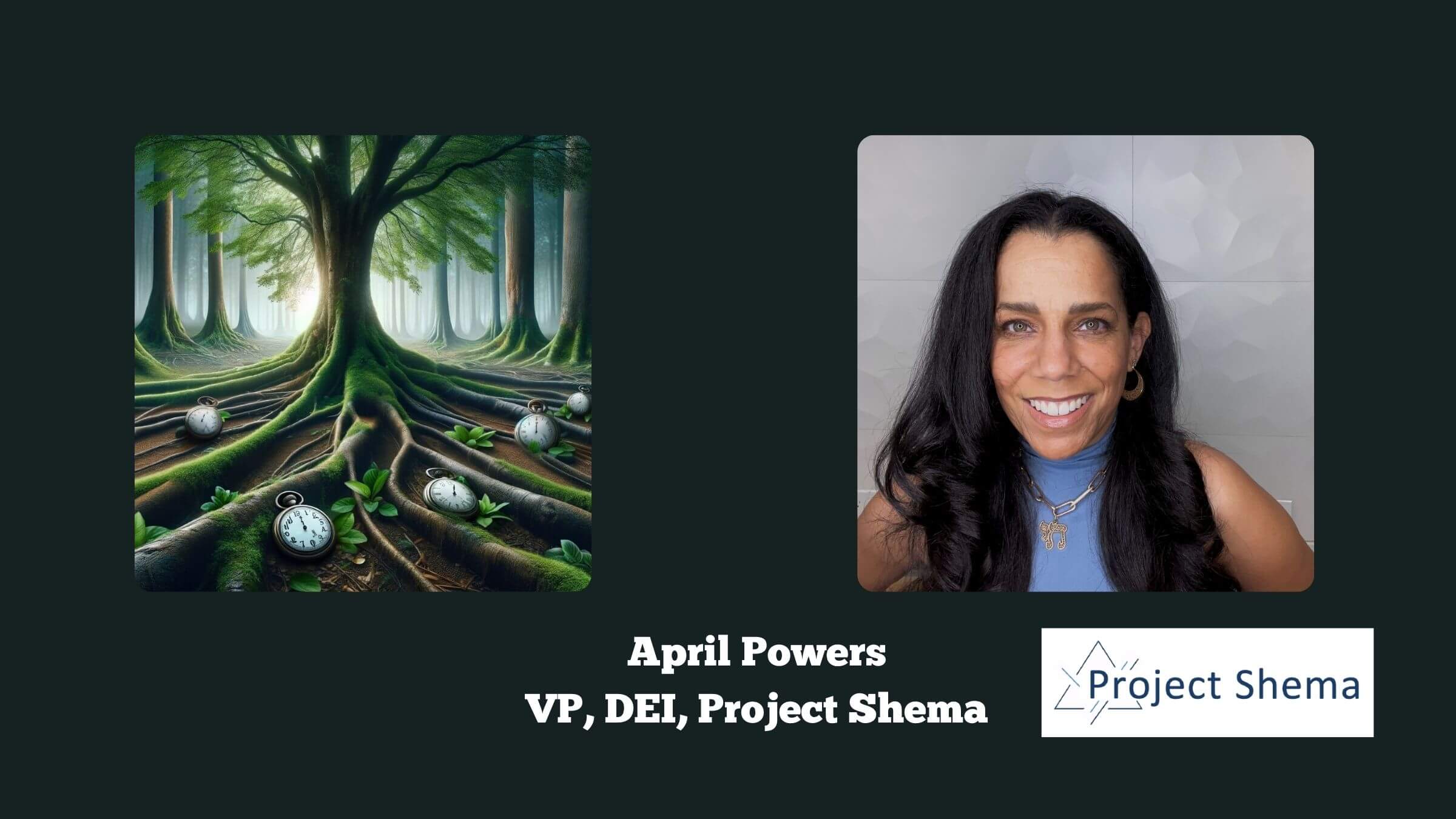Did DEI fail me? Or did I fail DEI?
Many people, even DEI professionals, stay silent because they don’t know what to say.

As the descendant of survivors of chattel slavery in the U.S. and Jews who fled pogroms in Eastern Europe, I have lived at the intersection of two of the three main groups highlighted in the book Caste (the other being the Dalit of India). My lived experience along with my Jewish values of tikkun olam — repairing the world — motivated me to drive DEI work for major companies. In May 2021, during an intensified conflict between Israel and Hamas, I posted about antisemitism for the first time in my career. I was then virulently attacked online. Besides being told “You’re not Black. You’re a white supremacist Talmudic Jew c#*t,” I experienced a public cancellation that made international news. What hurt more than the attacks from people who didn’t follow the whole story and believed I intended to suppress Palestinian and Muslim voices, was the silence of my peers.
Surely DEI professionals could see that I had been targeted for being Jewish. Surely they would say something. They did not. In fact, the person who targeted me, a DEI advisor to preschools, stated that someone who loves India and Israel should not have been a DEI professional in the first place.
I initially thought “DEI is done with me, and doesn’t get it, so I am done with DEI.” But then I realized that yes, DEI had failed me, but I had also failed DEI. I, myself, had not adequately folded antisemitism education or Jewish identity into my own DEI practice. I now help DEI professionals and organizations understand how to embrace Jewish cultural employee resource groups and fold antisemitism education into their work. I also explain how and why antisemitism fuels other forms of bigotry. DEI is where these conversations happen in the workplace. If antisemitism is allowed to flourish there, it will flourish in society. We all have a stake in combating antisemitism.
Many people, even DEI professionals, stay silent because they don’t know what to say. Jewish identities and Jewish experiences have been largely absent from DEI frameworks and, therefore, broadly misunderstood. We tend to be excluded based on conspiracy theories and stereotypes. I worry that if some of us wish to dismantle DEI, regardless of how many disparate voices call for it, ultimately Jews will be blamed.
Over decades, I have seen DEI evolve and devolve, test different concepts, and expand to include wider expressions of identity. If psychological safety and belonging are core values of inclusion programs, Jewish people must be included. Instead of canceling DEI, let’s counsel DEI, wherever we work. We must not fail it, lest it continue to fail us. For the time being, DEI isn’t going anywhere, so let’s repair the DEI world together.
“Moving Through the Wilderness: Recommitting to Equity After 10/7” is a collection of brief essays born out of Elevate: An Executive Leadership Equity Accelerator. Elevate launched in May 2023 and its first cohort consisted of eleven CEOs of influential Jewish institutions, who are committed to the Jewish value and responsibility of equity within our community. The idea for this project emerged in Montgomery, Alabama during one of Elevate’s in-person convenings in early 2024. To learn more about Elevate and the program’s co-founders and leaders, Gamal J. Palmer and Catherine Bell, click here.
Moving Through the Wilderness is presented in partnership with the Forward, the leading voice in Jewish journalism. Read more essays in the collection.












